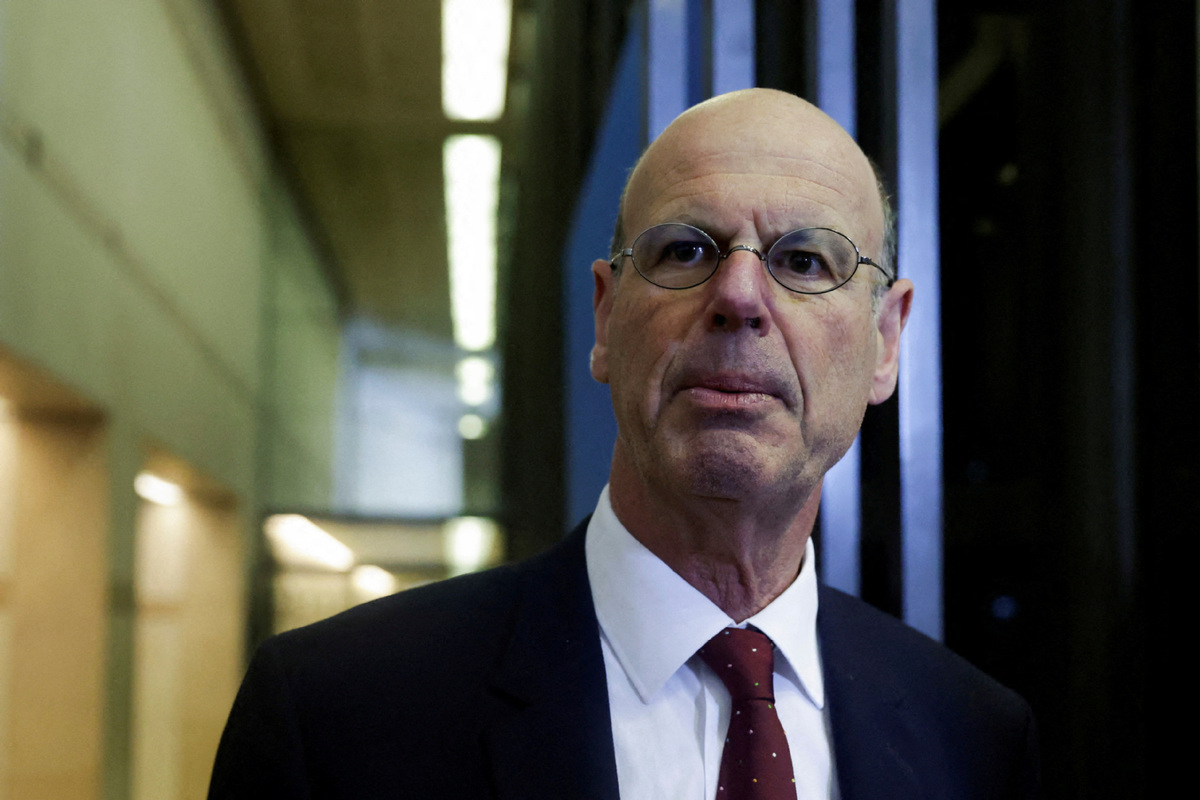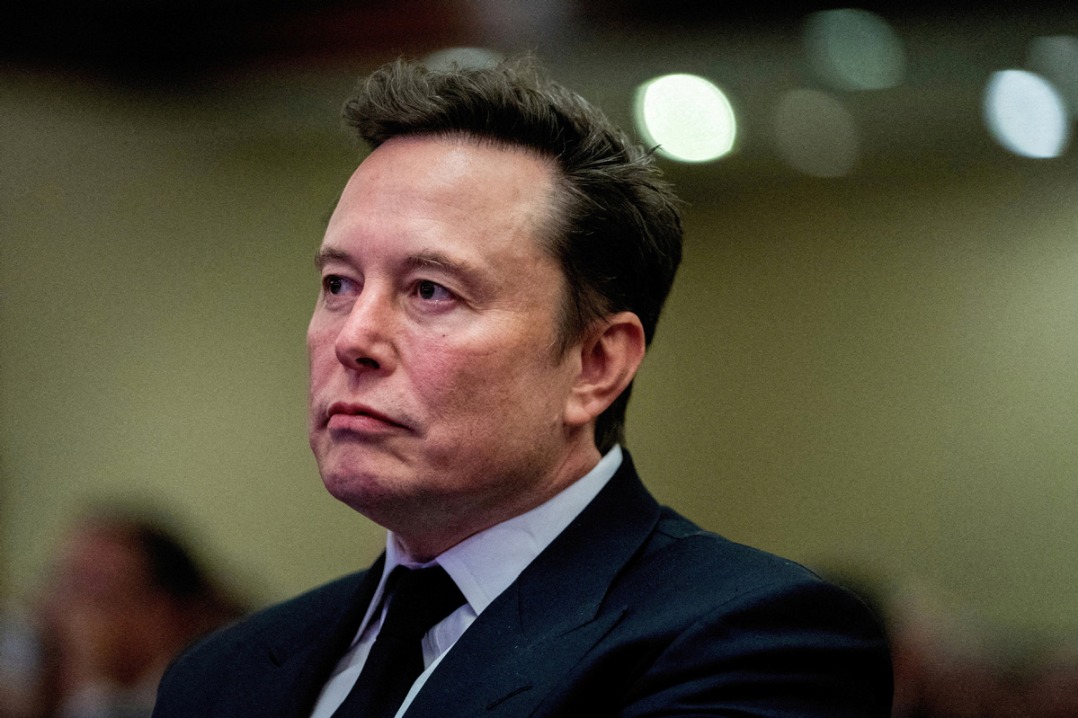France redraws budget with higher target


France's newly appointed finance minister has said the country's delayed 2025 budget proposal would aim for a deficit "slightly above" 5 percent, with the goal of safeguarding economic growth.
Eric Lombard, formerly head of Caisse des Depots, the investment division of the French government, will be responsible for guiding through parliament a budget after the previous administration faced a no-confidence defeat in early December due to opposition to its austerity measures.
Lombard's deficit target for 2025 exceeds the 5 percent sought by the previous government. However, it would still mark a reduction from this year when the deficit is projected to expand to more than 6 percent of gross domestic product, reported Reuters.
"We need to amend this (budget) bill to establish a good budget. With a deficit slightly above 5 percent so as to protect growth," Lombard told the French newspaper La Tribune Dimanche.
"To protect growth, the reduction of the deficit must come more through reductions in public spending than through taxation," he said, emphasizing that any tax hikes should remain minimal.
He stated he would engage with all political parties in the French parliament and that these exchanges would shape the government's budget proposals.
Lombard was appointed on Dec 23 as a member of Prime Minister Francois Bayrou's administration.
Bayrou, who, similar to his predecessor Michel Barnier, does not have a working majority in parliament, has indicated he plans to have a budget prepared by mid-February.
France's political landscape has been turbulent in recent months, culminating in the government's collapse following a historic no-confidence vote on Dec 4.
Former prime minister Barnier's administration was ousted after 331 members of the National Assembly voted against his proposed austerity budget, marking the first successful no-confidence motion since 1962.
Barnier's budget proposal aimed to reduce the deficit through 40 billion euros ($41.7 billion) in spending cuts and 20 billion euros in tax increases, sparking significant opposition from both left-wing and far-right parties.
In response to the government's fall, French President Emmanuel Macron appointed Bayrou as the new prime minister on Dec 23.Bayrou now faces the task of drafting a 2025 budget that balances fiscal responsibility with economic growth.
The political instability has adversely affected France's financial markets. The Financial Times reported that the CAC 40, a benchmark French stock market index, has declined by 3 percent this year, its poorest performance since the eurozone crisis, influenced by domestic political turmoil and sluggish economic indicators.
Additionally, France's borrowing costs have risen, with the spread between French and German bond yields reaching levels unseen since 2012.


































